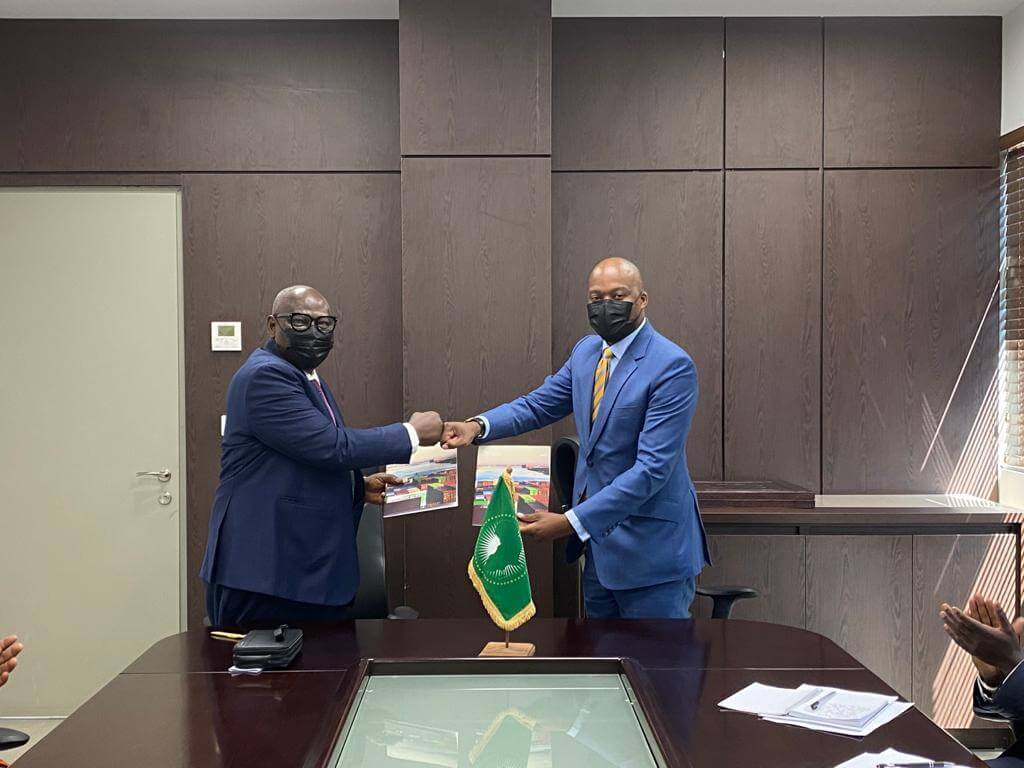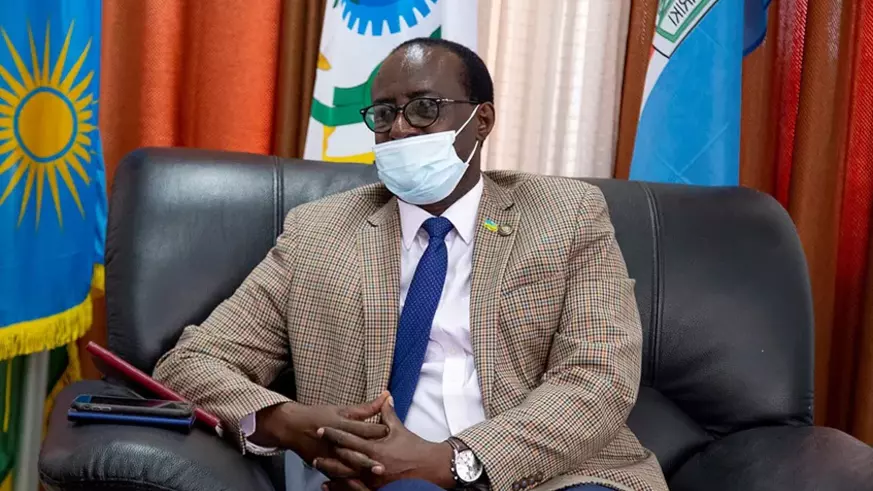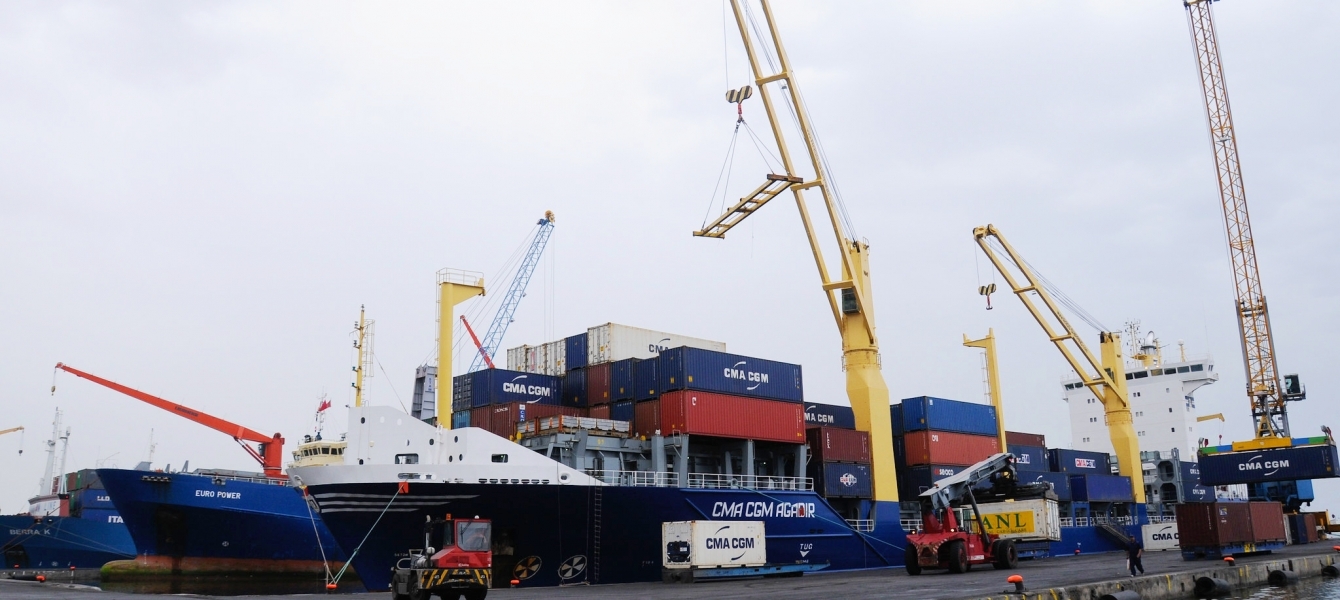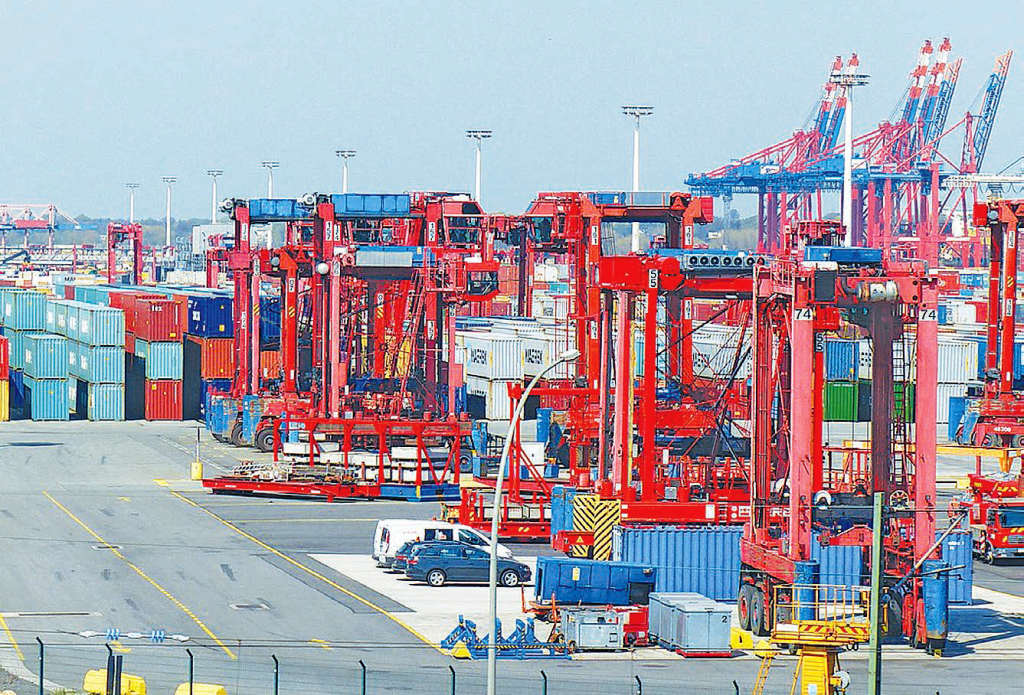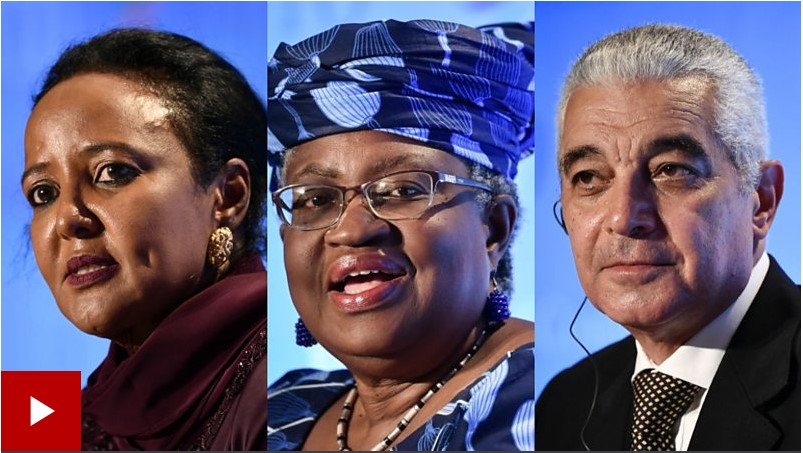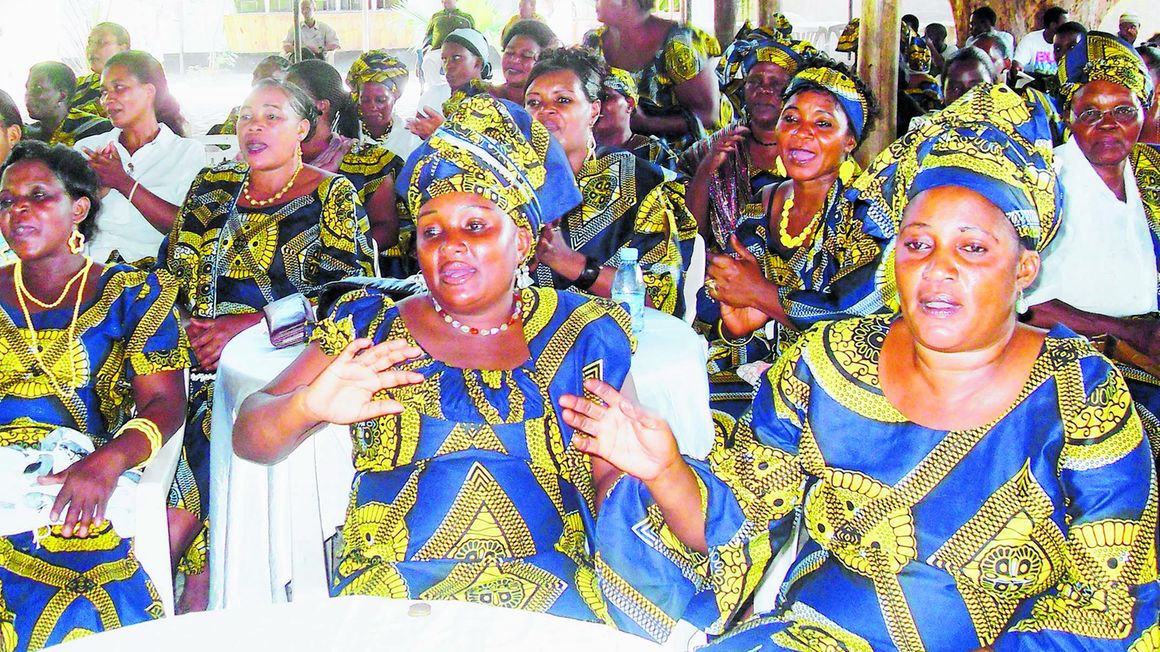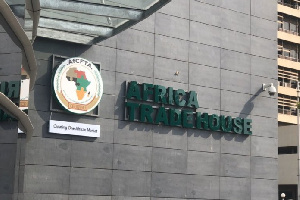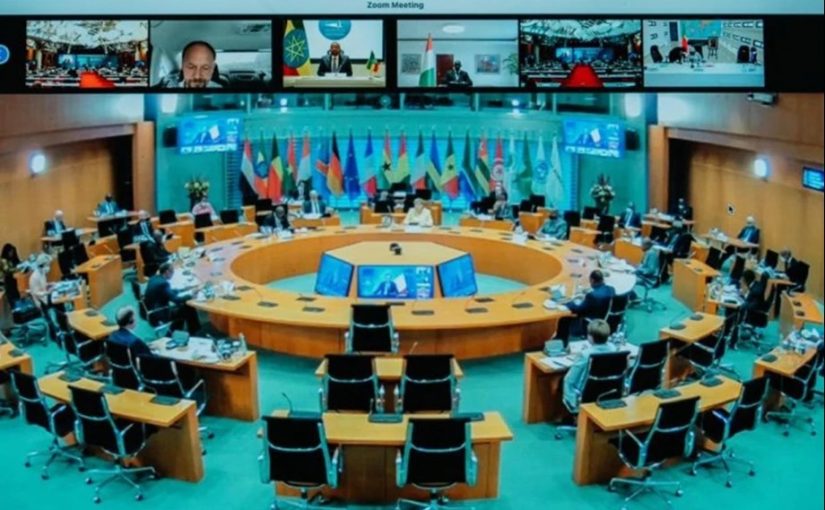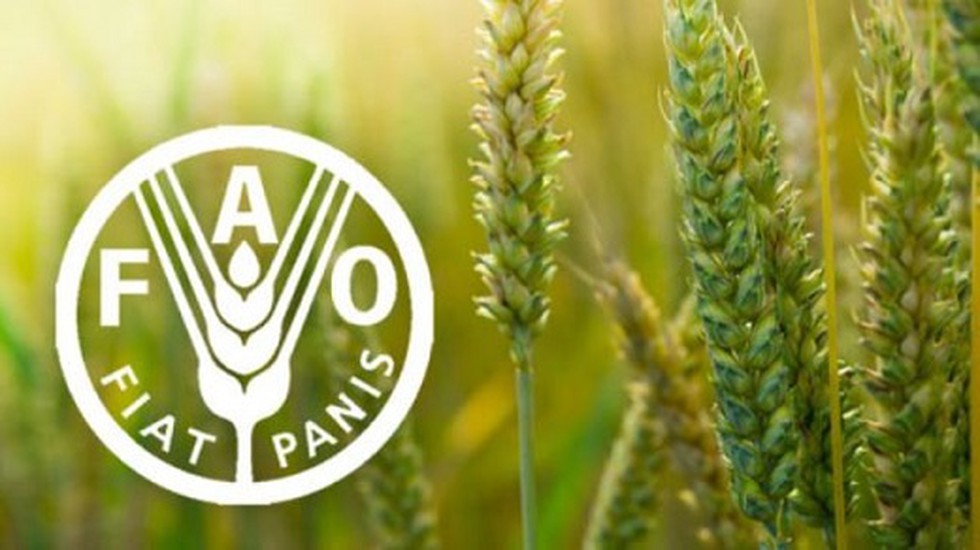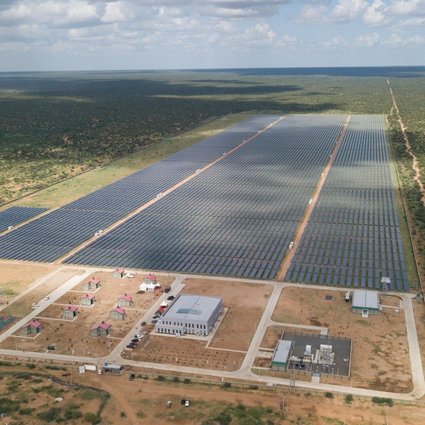The Africa World Trade Network (AWTN) has partnered the Africa Continental Free Trade Area (AfCFTA) Secretariat to accelerate intra-regional trade and investment through exhibitions, meetings and events. The partnership seeks to mobilise private sector actors across Africa to drive the attainment of strategic objectives that underpin the Africa Continental Free Trade Area Agreement. The partnership between AWTN and the AfCFTA Secretariat is meant to work towards three common objectives that support continental trade and investment promotions across Africa and promote the overall objectives of the Africa Continental Free Trade Area Agreement: To co-organise and host forums that support continental trade and investment promotions in Africa and promote the overall objectives of the AfCFTA Agreement To support the growth and development of Africa’s commercial community; and To collaborate on matters of common interest, in the pursuance of enhancing intra-trade in the Continent Speaking at the signing ceremony, Board Chair of AWTN, Otwasuom Osae Nyampong VI, said: “Intra-regional trade promises a real win for Africa, and the AfCFTA Secretariat is at the forefront of this significant progress in the continent’s history; it is a second Pan-African victory after Independence. AWTN on its part has recognised this watershed moment and will act as a catalyst to boost trade relations among member states and businesses across the continent.” Otwasuom Osae Nyampong VI emphasised: “Like the AfCFTA Secretariat, AWTN is headquartered in Accra, which has been recognised as a beacon for transformative development in the sub-region. In this partnership, AWTN commits to initiate and escalate...
AWTN, AfCFTA Secretariat sign partnership to boost intra-regional trade and investment
Posted on: September 7, 2021
Posted on: September 7, 2021

